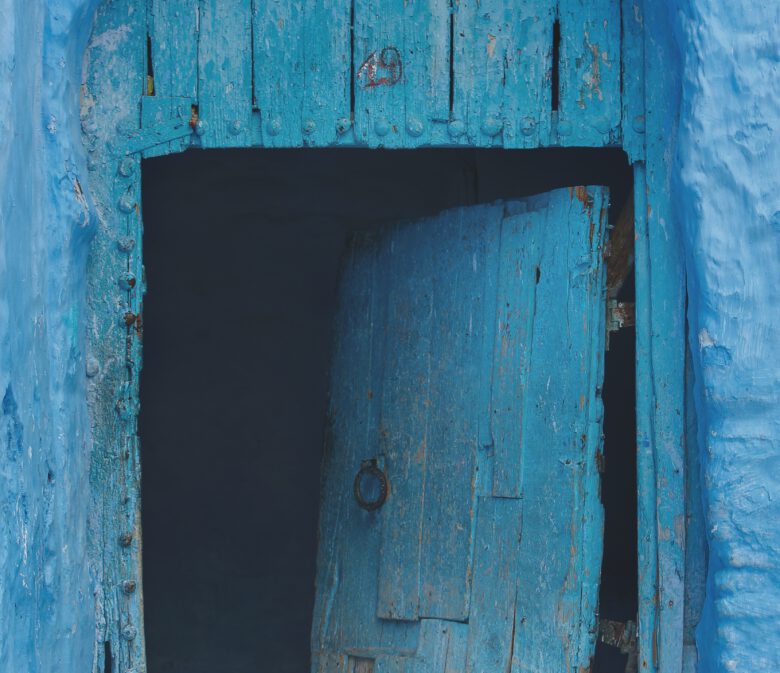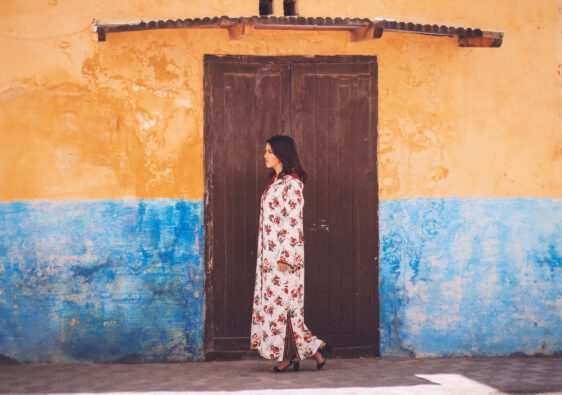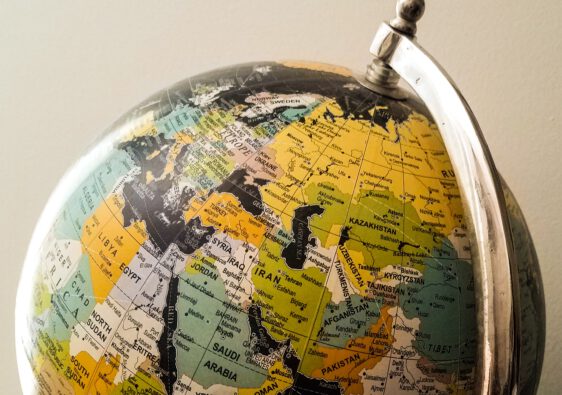In a world where borders blur and cultures intertwine, the preservation of our roots takes on a profound significance. For Moroccan parents nurturing their children far from their homeland, the importance of instilling a deep connection to their cultural heritage becomes an emotional endeavor. Within this emotional journey, teaching Moroccan Darija, the colloquial Arabic dialect spoken in Morocco, emerges as a poignant act of love and identity.
This article delves into the heartfelt reasons why passing down Moroccan Darija to children growing up in foreign lands is a testament to the enduring power of love, belonging, and cherished memories.
- Keeping the Flame of Culture Alive: Language is the heartbeat of culture, and for Moroccan parents, passing down Moroccan Darija to their children breathes life into the very essence of their identity. It becomes a torch that carries the warmth of memories, the echoes of vibrant markets, and the melodies of cherished songs. Through the teaching of Moroccan Darija, parents create a sacred bridge between their children and their Moroccan heritage.
- A Lifeline to Beloved Connections: For Moroccan families living in distant lands, maintaining ties with their extended family in Morocco is like embracing a lifeline to their origins. In a world where distances can be disheartening, teaching Moroccan Darija becomes a resolute act of preserving cherished connections. Children who learn this language are bestowed with the gift of effortless communication with grandparents, aunts, uncles, and cousins who hold treasured stories and ancestral wisdom. It is through Moroccan Darija that the whispers of love, laughter, and shared memories traverse oceans, uniting hearts separated by geography.
- The Language of the Heart: In a tapestry of cultures, the ability to understand and communicate in Moroccan Darija bestows a unique language of the heart upon children. It allows them to bridge the gaps between diverse communities and find solace in shared experiences. Through this linguistic tapestry, children gain a profound appreciation for the vibrant mosaic of cultures that color our world. They develop the empathy, sensitivity, and intercultural competence needed to navigate the complexities of a globalized society, armed with the unwavering bond to their Moroccan roots.
- An Ode to Heritage and Tradition: Language holds the key to unlocking the treasures of a rich and diverse heritage. By teaching Moroccan Darija, parents gift their children the ability to unravel the beauty of Moroccan culture, steeped in traditions, customs, and values passed down through generations. It is through this language that children become custodians of their cultural heritage, preserving and honoring the artistry of Moroccan proverbs, the vibrancy of Moroccan cuisine, and the spirit of resilience that defines the Moroccan people. Moroccan Darija becomes an ode to the ancestors, a celebration of their legacy that lives on through the spoken word.
- Weaving the Threads of Identity: In an ever-changing world, the preservation of language ensures that the tapestry of culture remains vibrant and resilient. By teaching Moroccan Darija, Moroccan parents weave a thread of identity that traverses time and place. They gift their children the profound sense of belonging to a lineage of resilience, strength, and unwavering spirit. Through the embrace of this language, parents ignite a flame within their children, illuminating their path with the stories of their ancestors, instilling a pride that blossoms in every word spoken in Moroccan Darija.
In the hearts of Moroccan parents raising children outside of Morocco, the teaching of Moroccan Darija becomes an emotional journey of love, heritage, and cherished memories. It is a journey that intertwines the past, present, and future, creating a tapestry of cultural identity that is both tender and powerful. Parents immerse their children in the vibrant hues of Moroccan culture. Every word spoken in this dialect becomes a testament to the love that binds generations together, transcending time and distance. It is a language that carries the echoes of laughter in bustling souks, the aroma of fragrant spices, and the rhythm of traditional music that lingers in the air.
In the embrace of Moroccan Darija, children find solace and connection. They learn to appreciate the beauty of their heritage, embracing the intricate patterns of Moroccan art, the grace of traditional dances, and the intricate flavors of Moroccan cuisine. Through these cultural threads, children grow to understand the depth of their roots, nurturing a profound respect for the diverse tapestry of humanity.
But the significance of teaching Moroccan Darija goes beyond cultural appreciation. It is a means of nurturing cherished connections, bridging the gaps between family members scattered across the globe. In the lilt of Moroccan Darija, children find their grandparents’ warm embrace, their aunt’s words of wisdom, and their cousin’s playful banter. It is a language that carries the love, traditions, and shared experiences of a family united by a common heritage.
Teaching Moroccan Darija is an act of resilience, a refusal to let the sands of time erase the essence of Moroccan identity and an affirmation that cultural heritage should be celebrated and passed down through generations. In this language, children find the courage to navigate the complexities of a globalized world while proudly carrying the legacy of their Moroccan ancestors.
As Moroccan parents raise their children outside of Morocco, the teaching of Moroccan Darija becomes an emotional investment in their children’s future. It is a way of equipping them with the tools to embrace their multicultural identity, fostering empathy and understanding for others. It is a powerful reminder that one’s heritage is not a burden to bear but a source of strength, resilience, and beauty.
As Moroccan parents raise their children outside of Morocco, they honor their roots, preserve their heritage, and ensure that the spirit of Moroccan culture continues to thrive. In the symphony of Moroccan Darija, they create a harmonious blend of the past and present, weaving a future where their children embrace their Moroccan identity with grace, love, and an unwavering connection to their cultural heritage.






